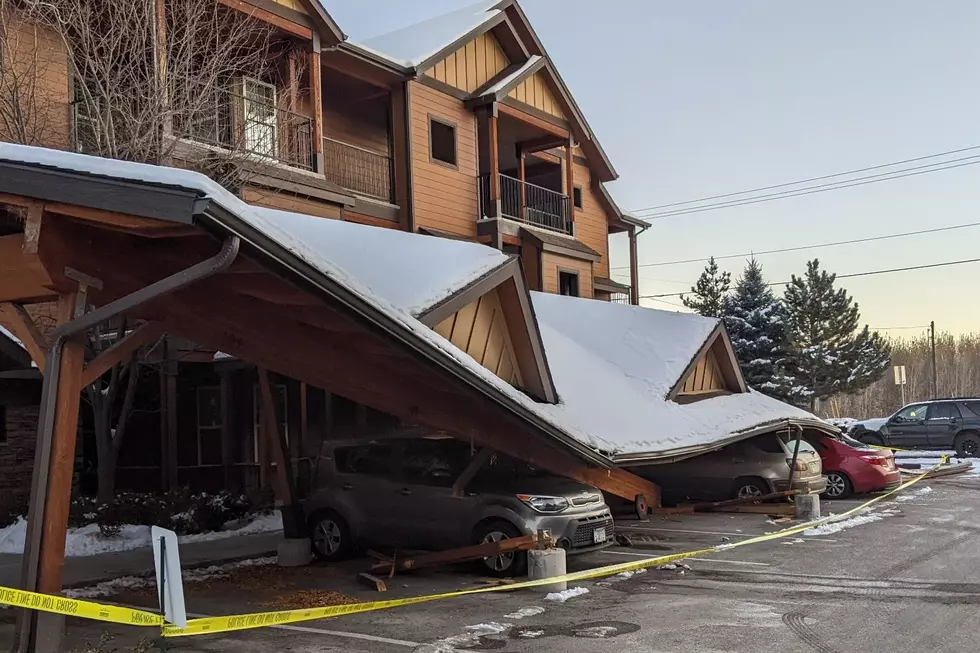
Red Cross Revises Mad Cow Policy, More Montana Residents Can Donate
Americans who spent time in Europe between 1980 and 2001 may have been exposed to Creutzfeldt-Jakob Disease, more commonly known as "mad cow." The Food and Drug Administration had until recently banned blood donations from those people, however as of October 2nd, 2022 those restrictions have now been lifted. Following the FDA's new guidelines, the Red Cross of America has updated theirs as well, now encouraging blood donations throughout Montana, including from residents who may have been restricted from donating.
According to the FDA, "prior public participation for this guidance is not feasible or appropriate" and that removing the restrictions will simplify the blood donation process and lead to an increase in American donations.
The FDA has provided information on the new and current guidelines in regard to mad cow disease exposure as well as the decades-old ones they have superseded. We spoke with an eligibility specialist with the Red Cross at their Donor Care Specialist Center in Charlotte, NC:
The change went into effect with the Red Cross on October 3rd. They (referring to the FDA) lifted restrictions on most of the countries of Europe and restrictions for people in the military back in 2020; the U.K., the Republic of Ireland and France were the last countries that still had a restriction. But they just lifted the restriction on those last three countries last month.
The restrictions for servicemembers who had been stationed in many European countries began to be lifted in 2020, however, the final blood donation bans from soldiers and sailors stationed in the United Kingdom, the Republic of Ireland, and France were lifted in April of this year, per the Department of Defense's Military Health Communications Office. If you were stationed in Europe from 1980-2001 and had been banned from donating blood to the Red Cross, you are encouraged to revisit your blood donation eligibility. World Population Review ranks the State of Montana as having one of the highest per-capita veteran populations in the U.S.
The Red Cross Specialist told us that their Washington D.C. National Headquarters has assigned a team of members to comb through American donor records, arduously removing mad cow contamination restrictions one donor profile at a time. He had the following recommendations for potential donors:
Anyone who is considering donating; if they had donated or attempted to donate in the past they would want to call us because they may still have a record in the system with a restriction on it, and if that's the case then they would want to make sure. But if there's a restriction on there then that would have to come off first before they could donate. I don't want to see anybody go down and expect to be able to donate and potentially get turned away because that restriction is still there. All they would need to do is provide their name and date of birth, and we're here 24 hours a day so they can call us at any time.
A Red Cross worker and donor at a mobile donation clinic.
The Red Cross has several donation centers in Montana: Missoula, Kalispell, Helena, Great Falls, and Bozeman. To check if you are eligible to donate, please call the Red Cross National Donor Care Specialist Center at 866-236-3276.


